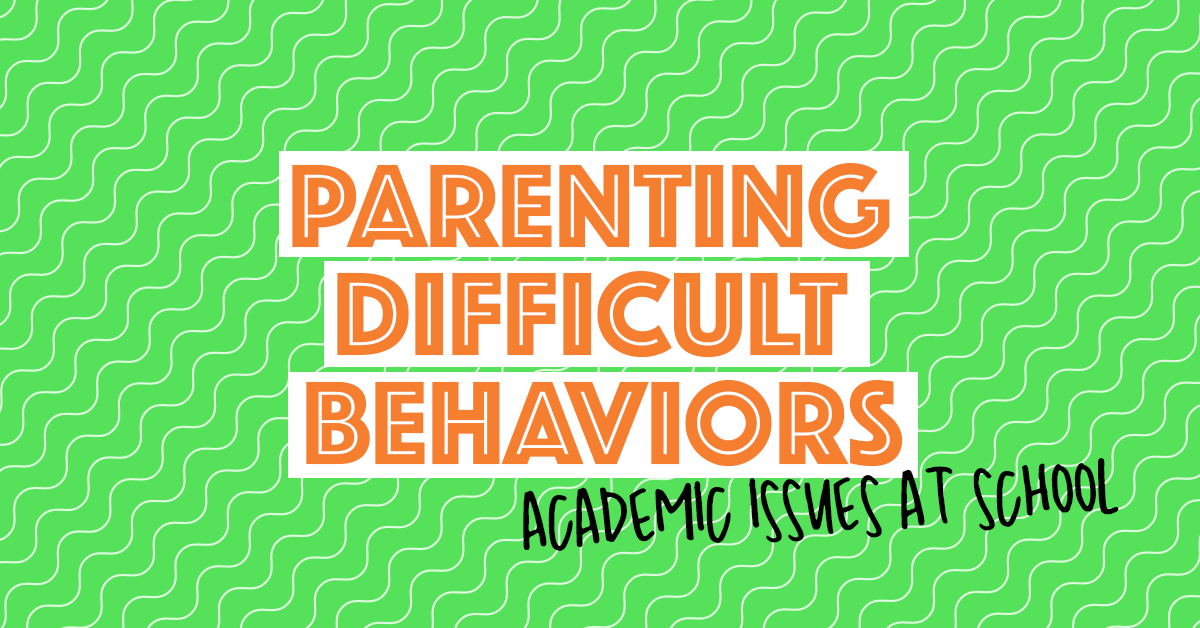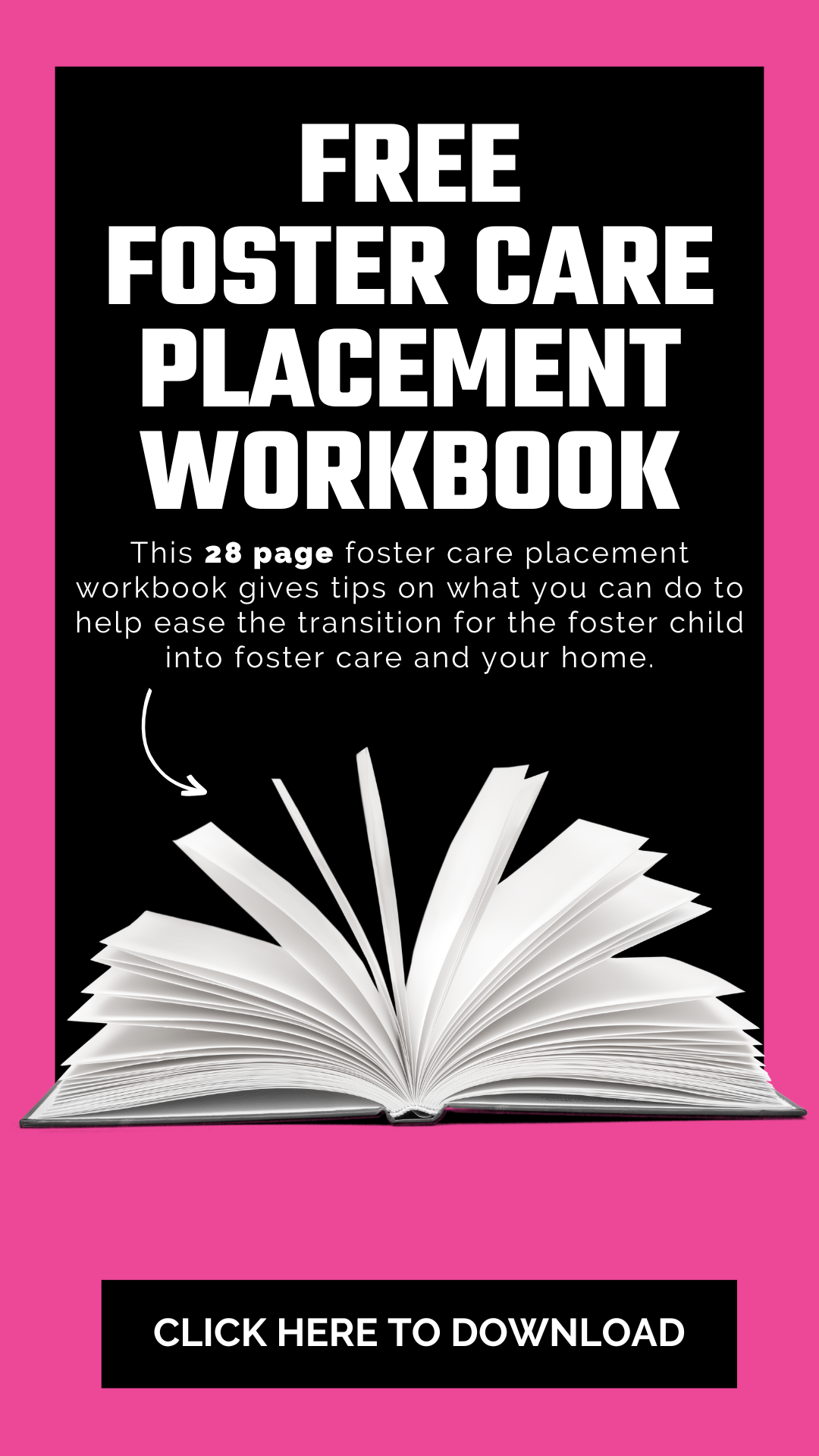
There are a lot of factors that can affect a foster child’s academic performance – including prenatal drug exposure, lack of early childhood education, frequent school changes, and lack of academic support at home. Many school systems are not experienced with the needs of foster children and struggle to support them academically.
Here are my top 10 helpful tips for academic success for foster kids:
- If a child is having behavioral issues in school, there might be an underlying academic issue. Children tend to act out so that no one finds out they are struggling academically.
- If a child is born after being exposed to drugs in-utero, the child may have academic issues that are different than learning disabilities because there is damage to the child’s brain which will not improve. Their brains work differently so it is important to understand how they learn so they can reach their academic goals.
- If a child has not had a good early childhood education, they will not be as prepared as their peers and may need some additional supports.
- It is very important to determine what works for your child when they are struggling. I encourage families to create a book that documents effective ways that their child can be taught so that this information can not only be put in the child’s IEP but also be passed from teacher to teacher.
- If the child requires an IEP it should be very detailed as to the accommodations that the child needs in order to be successful.
- Pay close attention to test scores and progress to make sure the child is making progress on their IEP goals and improving academically.
- Academic struggles can also occur due to issues that are not related to school, such as visitation, past trauma, emotional work being done in therapy.
- The foster child may have a full afterschool schedule with visits, counseling, case work visits, etc. Parents should work with the teacher to make sure that the child has time for fun activities in the evening and is not overwhelmed with homework on top of that full schedule. .
- Remember that kids who struggle with academic issues are working really hard during the day to learn and maintain appropriate behavior. Plan to give them some “down time” after school before other demands are placed on them like chores and homework.
- Remember that foster children are survivors and have lived through very difficult experiences; with the proper support from parents and teachers they are capable of reaching their goals.


